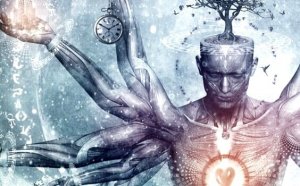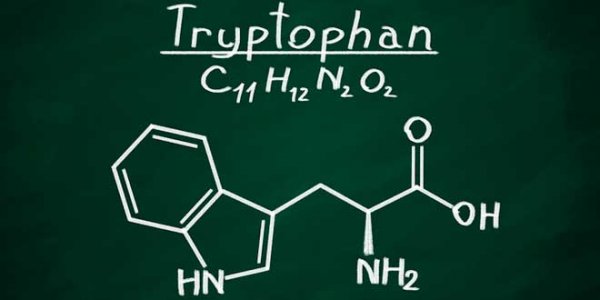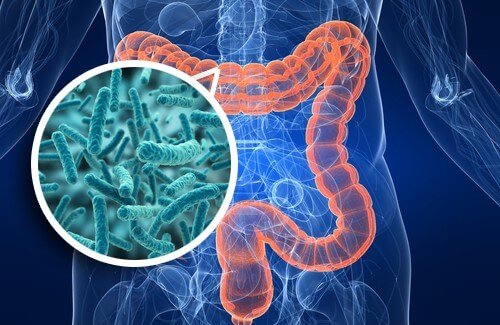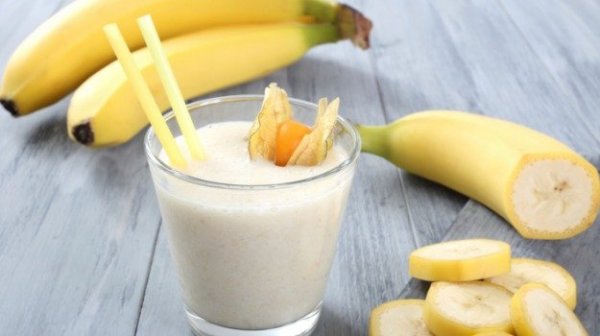Tryptophan: The "Feel Good" Amino Acid


Written and verified by the psychologist Valeria Sabater
Tryptophan is a key player in serotonin production. This essential amino acid is one of your brain’s favorites because it helps you relax, even helping with insomnia and anxiety disorders. A precursor of serotonin, it is an indispensable ingredient of good moods.
The scientific literature is very clear and conclusive: tryptophan makes you feel good. Studies repeatedly indicate that consuming foods rich in tryptophan or taking dietary supplements with it helps improve depressive states, lower stress levels, slow down the aging process and even reduce aggressive behaviors. It’s certainly fascinating!
Tryptophan is an essential amino acid and a precursor to serotonin.
The truth is that we are discovering more things every year about this “magic” compound. However, it’s important to clarify one key aspect: it is an essential amino acid, and as the word “essential” indicates, your body cannot manufacture it. You have to watch what you eat and include foods that are rich in tryptophan.

What is tryptophan and what properties does it have?
Tryptophan is an essential amino acid. We already know that without it, we could not produce enough serotonin for good emotional balance, digestion and sleep. Now, this multipurpose molecule is key in many other processes:
- It helps us synthesize proteins, in addition to B complex vitamins.
- Tryptophan stimulates the pineal gland to secrete melatonin, which is fundamental in the maintenance of proper sleep cycles and preventing premature aging.
- It has remarkable antidepressant effects since, as we already know, it helps produce serotonin.
- In addition, it is a good anxiolytic and even reduces aggressive behaviors.
- Tryptophan is often used as a dietary supplement for people with obesity to regulate their appetite.
Where is tryptophan synthesized?
Here’s an interesting fact. Most of us think that a lot of our hormones, neurotransmitters and some amino acids are synthesized in the brain but that’s not true. For example, only 5% of our total serotonin is found in our central nervous system. So… where is the rest? Where is it produced? In the small intestine.

We have a fascinating link between our intestines and brain. It’s a two-way system connecting the emotional and cognitive centers of the brain to our digestive tract. One thing we cannot lose sight of is the fact that having strong, healthy gut flora is the same as having better tryptophan, and consequently, serotonin production.
All this leads us to the simple conclusion that it is essential to watch our diet. We can’t just cut out certain unhealthy food (saturated fats, refined flours, etc). We recommend organic vegetables and fruits since they contain essential vitamins and amino acids, including tryptophan.
What foods are rich in tryptophan?
Something we all know is that pharmacies are full of tryptophan supplements. It’s easy to find pills with combinations like tryptophan with melatonin, or tryptophan with magnesium and vitamin B6. Now, is it a good idea to take them?

The answer is simple: you need proper medical advice before you take them. Not all people can consume them. Actually, if you’re already being treated for anxiety or depression, it might not be a good idea to take them. See a doctor if you’re interested in supplements, and do your part by eating well.
Let’s see what foods are rich in this essential amino acid:
- Poultry, such as chicken and turkey.
- Salmon, sardines, cod, tuna.
- Yogurt and kefir.
- Watercress.
- Oats and brown rice.
- Fava beans, green peas, lentils.
- Pineapple and banana.
- Artichokes.
- Almonds and walnuts.
- Pumpkin seeds and sunflower seeds.
- Dark chocolate.
To conclude, the goal is to eat a varied and balanced diet customized to your own needs and without excesses. If you have any medical conditions, are already taking certain drugs, or have allergies, it’s best to consult a doctor. However, it never hurts to remember that what you eat (or what you don’t eat) directly influences your mood. Here, tryptophan is often the secret.
Tryptophan is a key player in serotonin production. This essential amino acid is one of your brain’s favorites because it helps you relax, even helping with insomnia and anxiety disorders. A precursor of serotonin, it is an indispensable ingredient of good moods.
The scientific literature is very clear and conclusive: tryptophan makes you feel good. Studies repeatedly indicate that consuming foods rich in tryptophan or taking dietary supplements with it helps improve depressive states, lower stress levels, slow down the aging process and even reduce aggressive behaviors. It’s certainly fascinating!
Tryptophan is an essential amino acid and a precursor to serotonin.
The truth is that we are discovering more things every year about this “magic” compound. However, it’s important to clarify one key aspect: it is an essential amino acid, and as the word “essential” indicates, your body cannot manufacture it. You have to watch what you eat and include foods that are rich in tryptophan.

What is tryptophan and what properties does it have?
Tryptophan is an essential amino acid. We already know that without it, we could not produce enough serotonin for good emotional balance, digestion and sleep. Now, this multipurpose molecule is key in many other processes:
- It helps us synthesize proteins, in addition to B complex vitamins.
- Tryptophan stimulates the pineal gland to secrete melatonin, which is fundamental in the maintenance of proper sleep cycles and preventing premature aging.
- It has remarkable antidepressant effects since, as we already know, it helps produce serotonin.
- In addition, it is a good anxiolytic and even reduces aggressive behaviors.
- Tryptophan is often used as a dietary supplement for people with obesity to regulate their appetite.
Where is tryptophan synthesized?
Here’s an interesting fact. Most of us think that a lot of our hormones, neurotransmitters and some amino acids are synthesized in the brain but that’s not true. For example, only 5% of our total serotonin is found in our central nervous system. So… where is the rest? Where is it produced? In the small intestine.

We have a fascinating link between our intestines and brain. It’s a two-way system connecting the emotional and cognitive centers of the brain to our digestive tract. One thing we cannot lose sight of is the fact that having strong, healthy gut flora is the same as having better tryptophan, and consequently, serotonin production.
All this leads us to the simple conclusion that it is essential to watch our diet. We can’t just cut out certain unhealthy food (saturated fats, refined flours, etc). We recommend organic vegetables and fruits since they contain essential vitamins and amino acids, including tryptophan.
What foods are rich in tryptophan?
Something we all know is that pharmacies are full of tryptophan supplements. It’s easy to find pills with combinations like tryptophan with melatonin, or tryptophan with magnesium and vitamin B6. Now, is it a good idea to take them?

The answer is simple: you need proper medical advice before you take them. Not all people can consume them. Actually, if you’re already being treated for anxiety or depression, it might not be a good idea to take them. See a doctor if you’re interested in supplements, and do your part by eating well.
Let’s see what foods are rich in this essential amino acid:
- Poultry, such as chicken and turkey.
- Salmon, sardines, cod, tuna.
- Yogurt and kefir.
- Watercress.
- Oats and brown rice.
- Fava beans, green peas, lentils.
- Pineapple and banana.
- Artichokes.
- Almonds and walnuts.
- Pumpkin seeds and sunflower seeds.
- Dark chocolate.
To conclude, the goal is to eat a varied and balanced diet customized to your own needs and without excesses. If you have any medical conditions, are already taking certain drugs, or have allergies, it’s best to consult a doctor. However, it never hurts to remember that what you eat (or what you don’t eat) directly influences your mood. Here, tryptophan is often the secret.
This text is provided for informational purposes only and does not replace consultation with a professional. If in doubt, consult your specialist.







